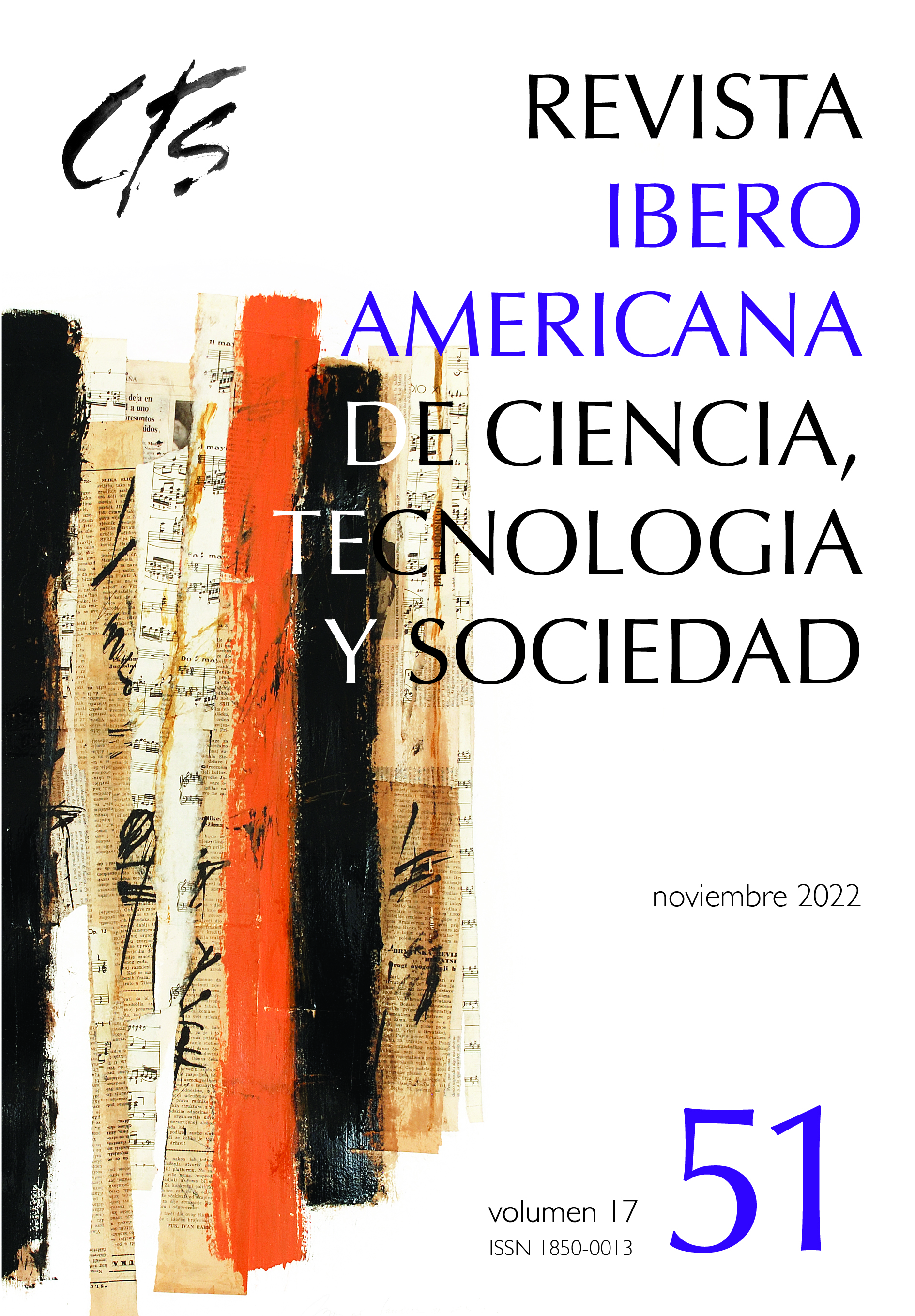Citizen Science and STS/STSE Education: Considering Contributions, Challenges and Opportunities
Keywords:
citizen science, scientific research, social participation, STS education, STSE education, socio scientific issuesAbstract
Citizen science, which allows the involvement of students and their teachers in authentic scientific initiatives that take place in real-world contexts, constitute a way of promoting science education with a STS/STSE orientation, by helping the student to understand science and scientific research practices and to apply them to solve real environmental issues, in collaboration with scientists, teachers and the wider community. This article presents a characterization of citizen science as a way of involving citizens, including young students, in scientific research processes, developed to address socio-scientific issues and emerging problems and carried out in a participatory way and with potential reach on a global scale. It also reflects on the potential contribution of citizen science to the achievement of the main objective of STS/STSE education, which lies in the use of real-world experiences that allow students to explore the interfaces between science and the social world and to enable them to understand and act in the environment in which they operate. Finally, it seeks to reflect on the potential and challenges of the integration of citizen science in formal and non-formal contexts of science education.
Downloads
Downloads
Published
How to Cite
Issue
Section
License
Copyright (c) 2022 CC Attribution 4.0

This work is licensed under a Creative Commons Attribution 4.0 International License.
All CTS's issues and academic articles are under a CC-BY license.
Since 2007, CTS has provided open and free access to all its contents, including the complete archive of its quarterly edition and the different products presented in its electronic platform. This decision is based on the belief that offering free access to published materials helps to build a greater and better exchange of knowledge.
In turn, for the quarterly edition, CTS allows institutional and thematic repositories, as well as personal web pages, to self-archive articles in their post-print or editorial version, immediately after the publication of the final version of each issue and under the condition that a link to the original source will be incorporated into the self-archive.











